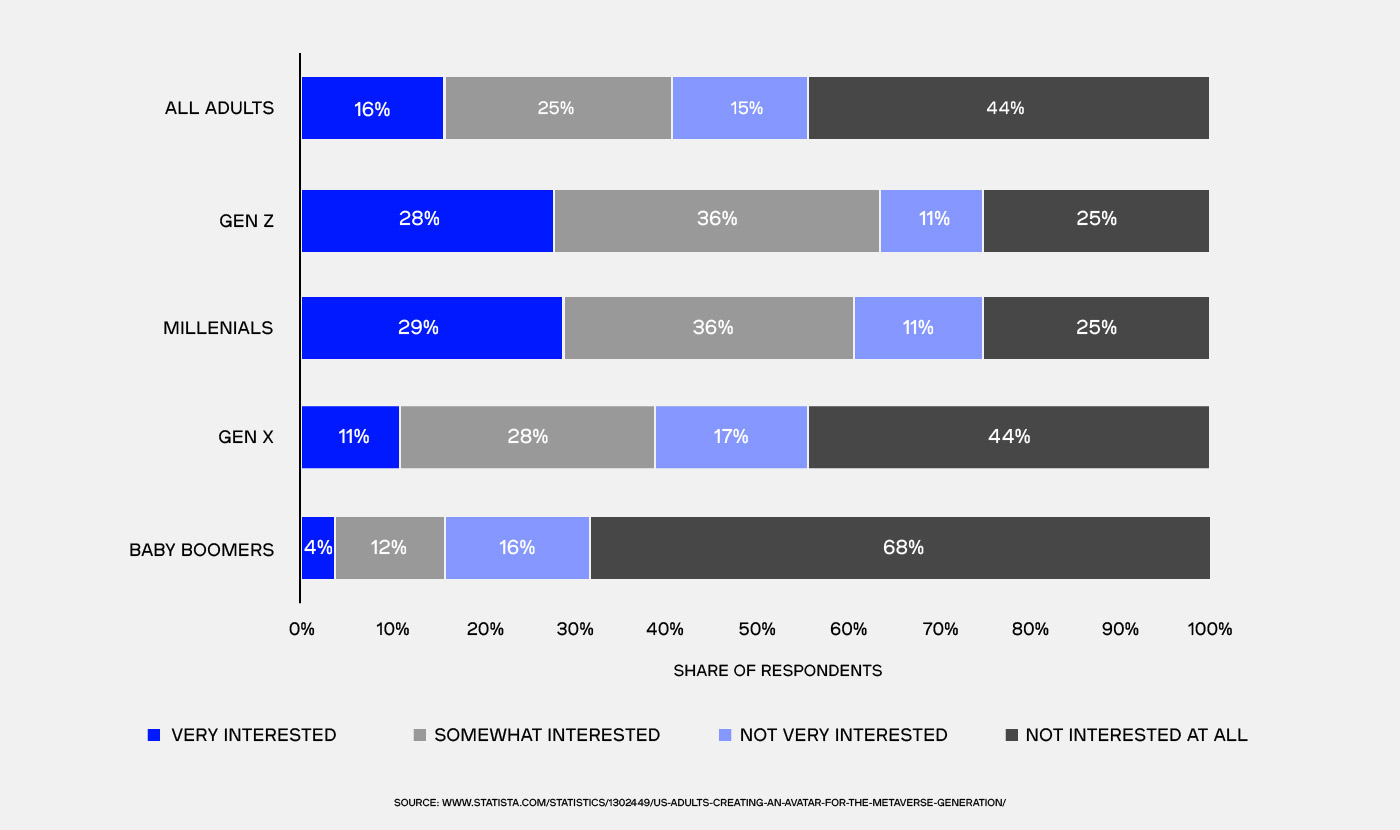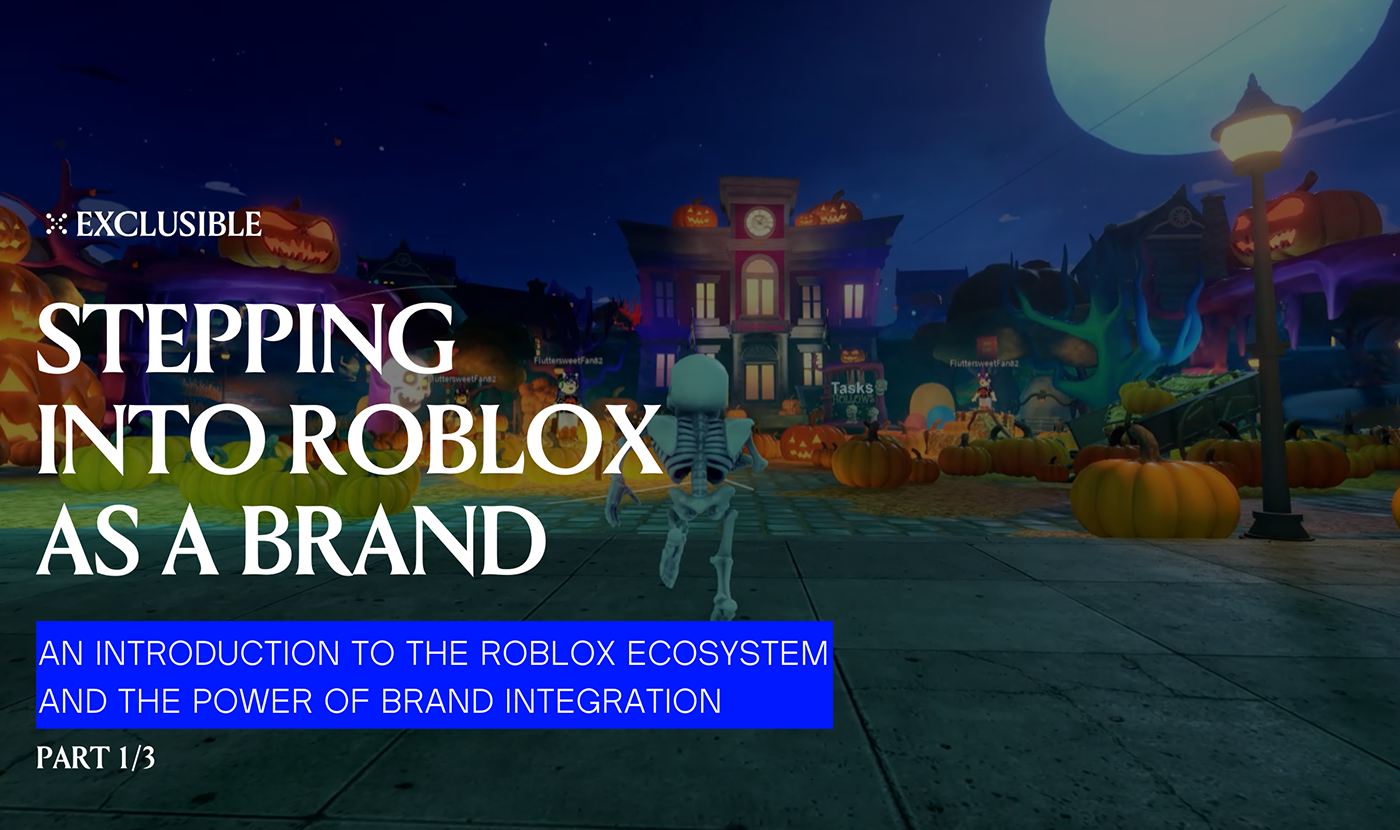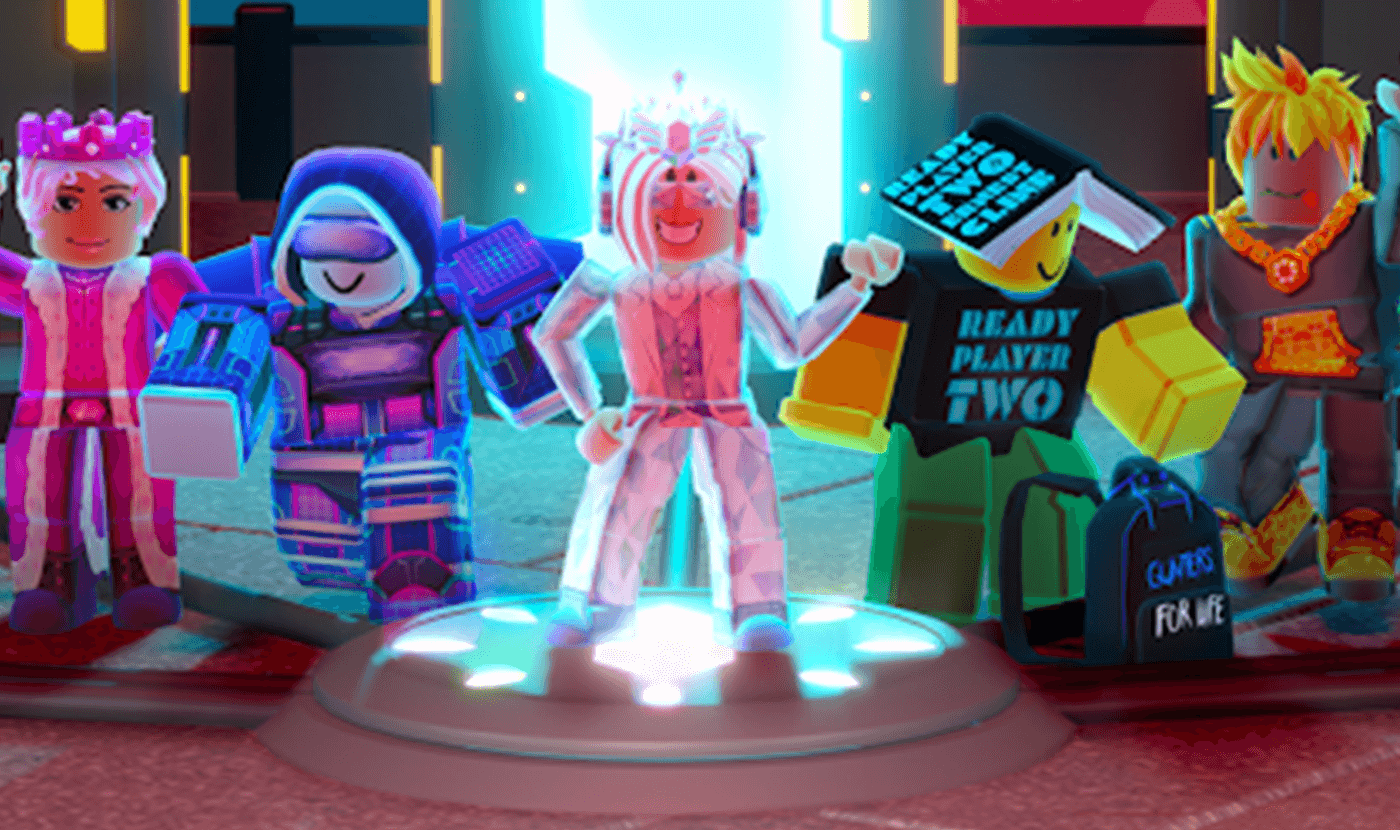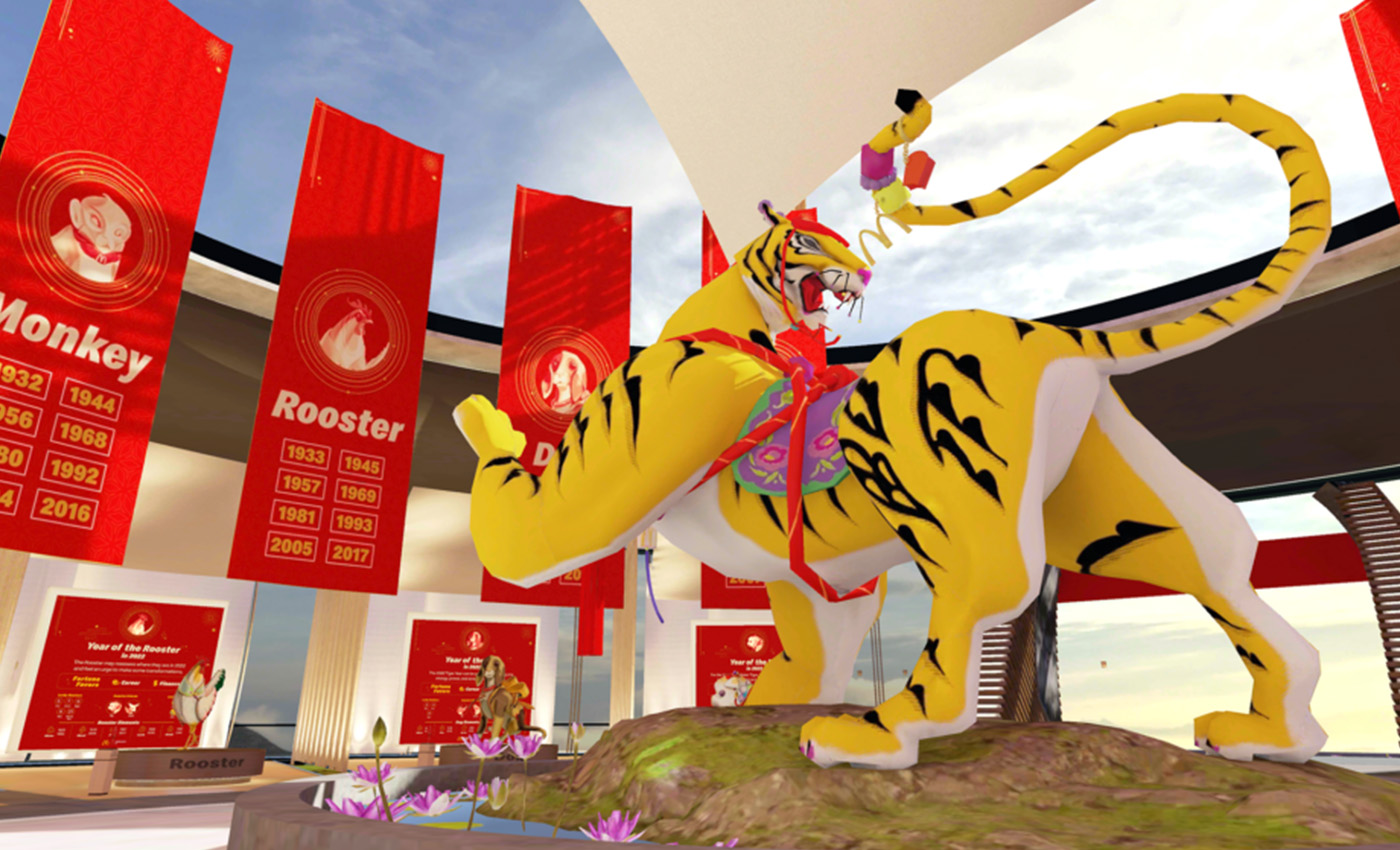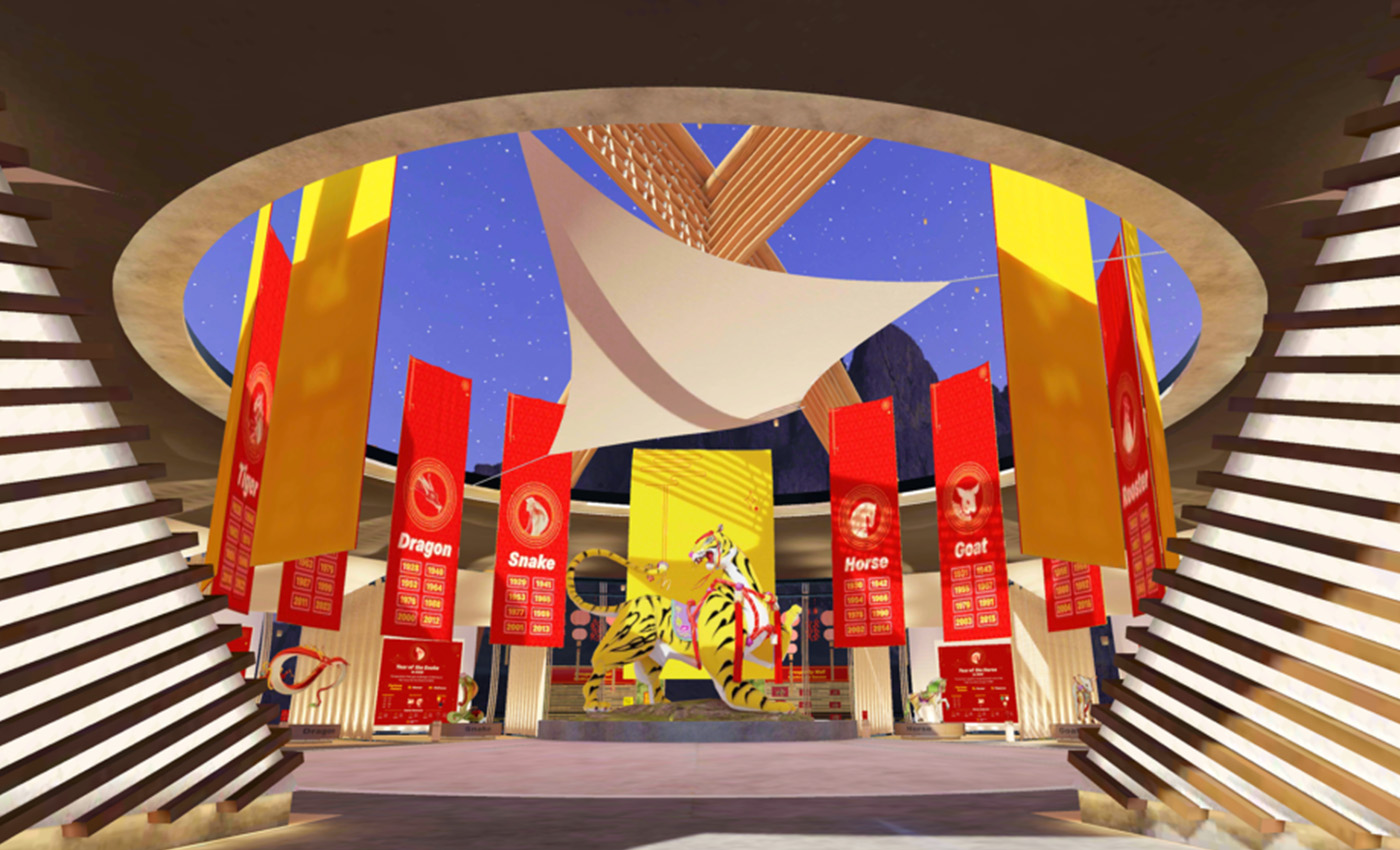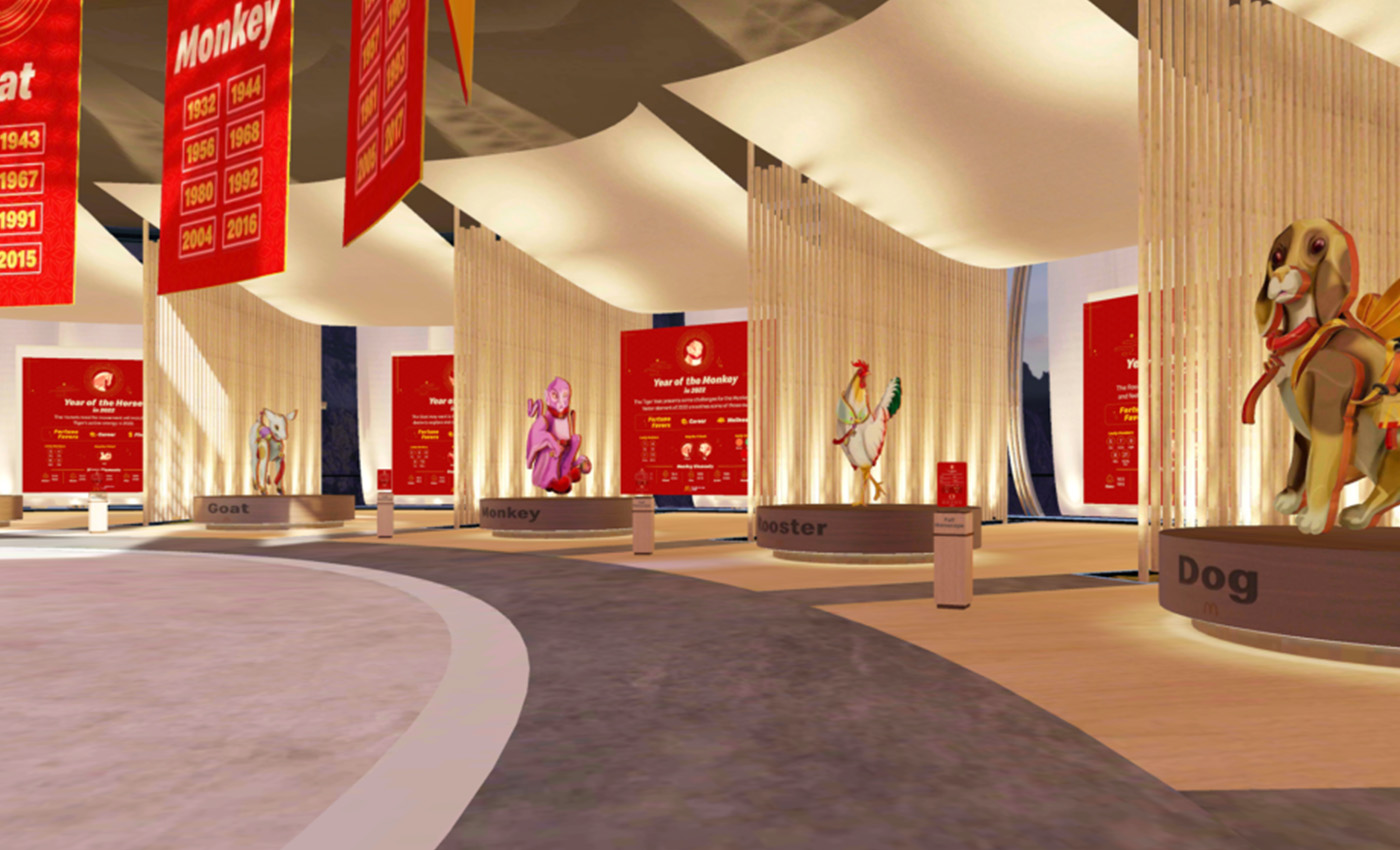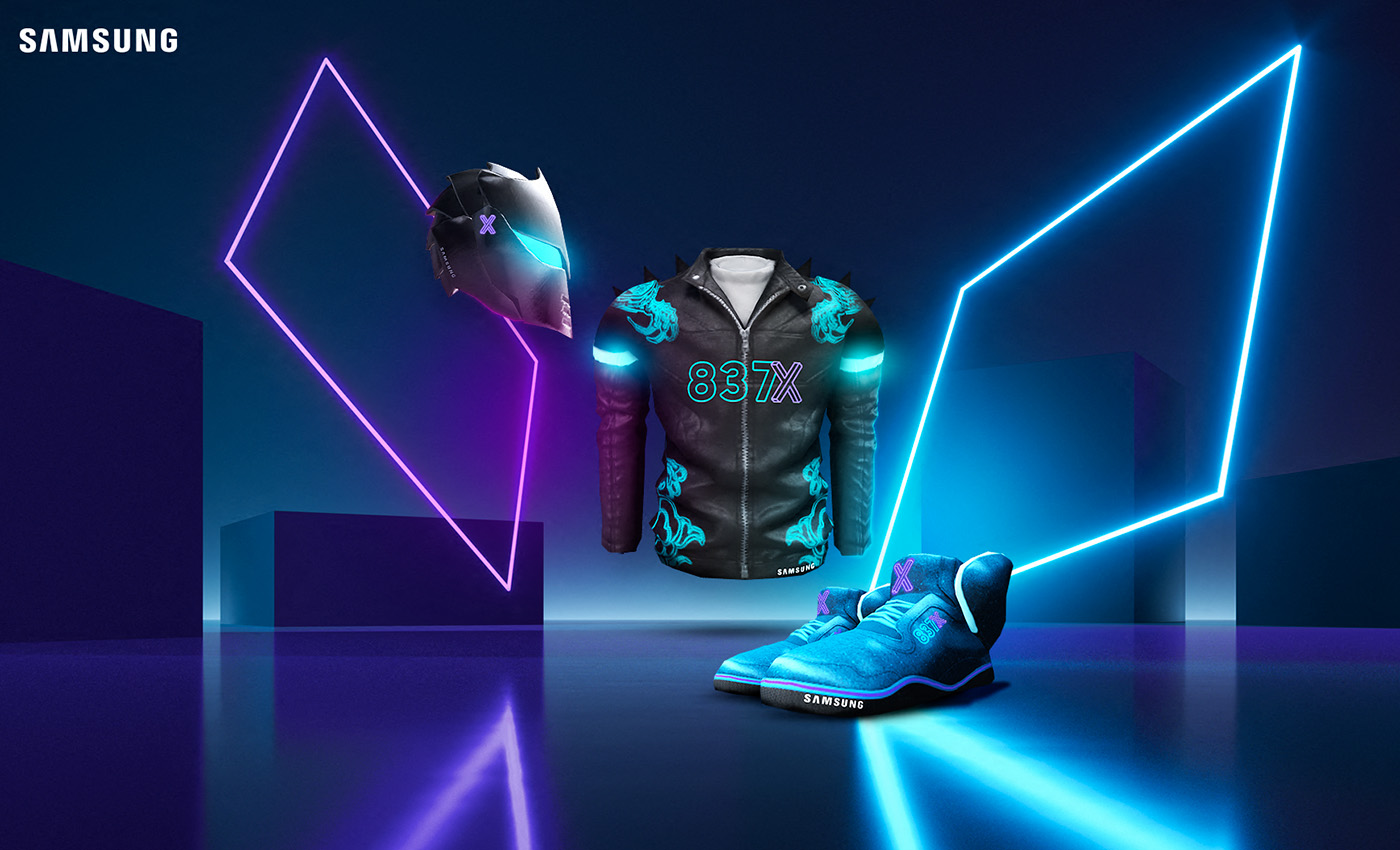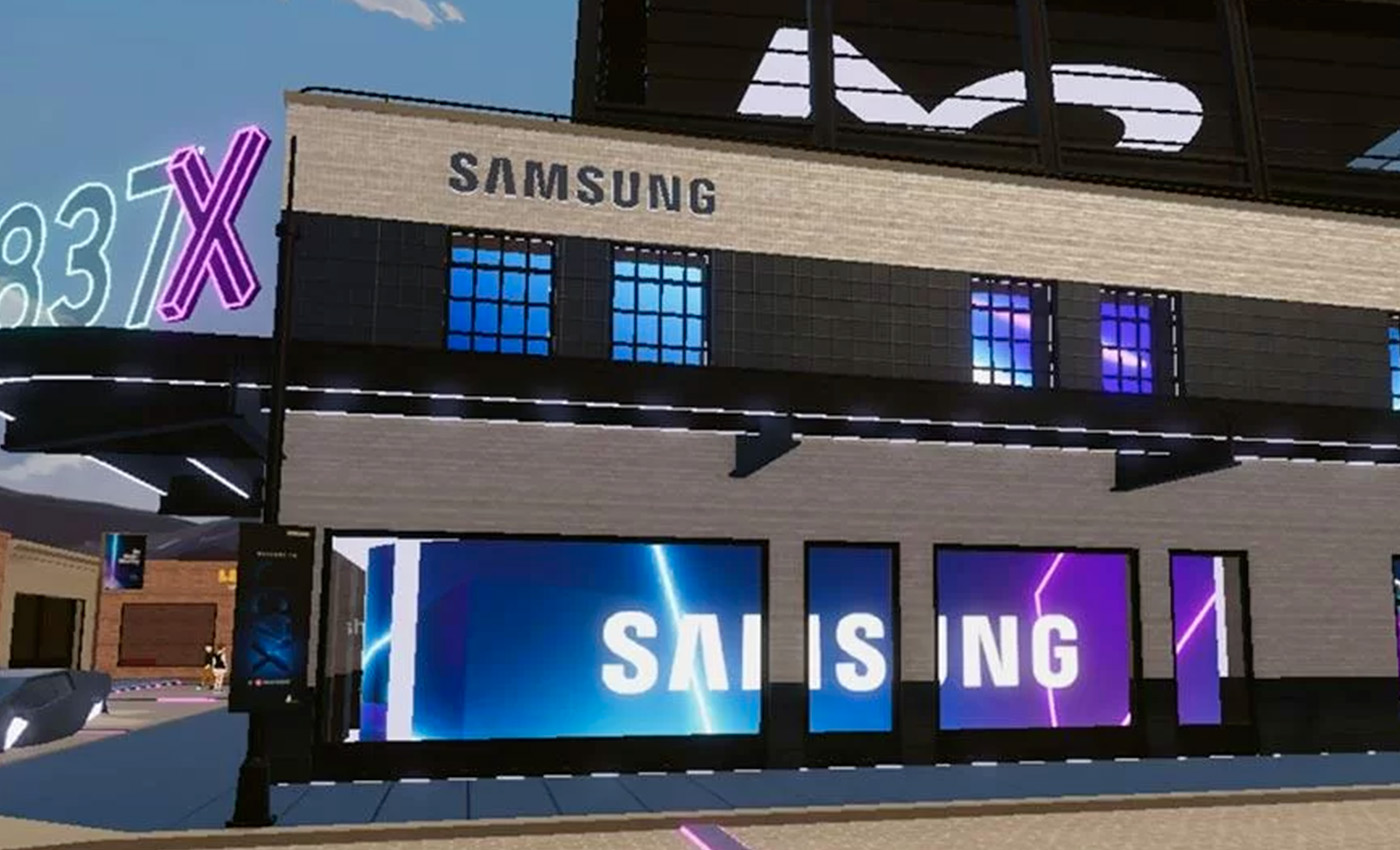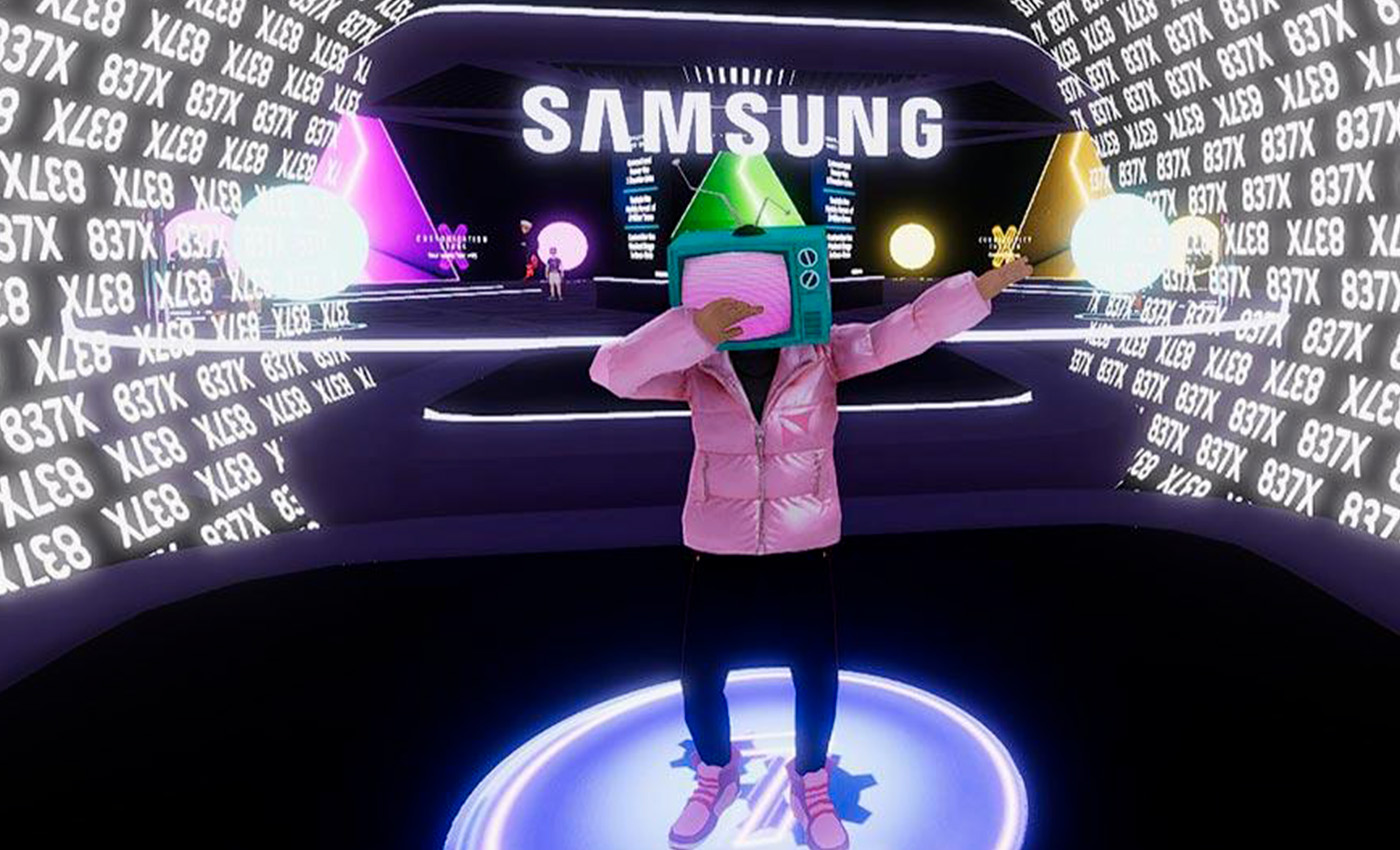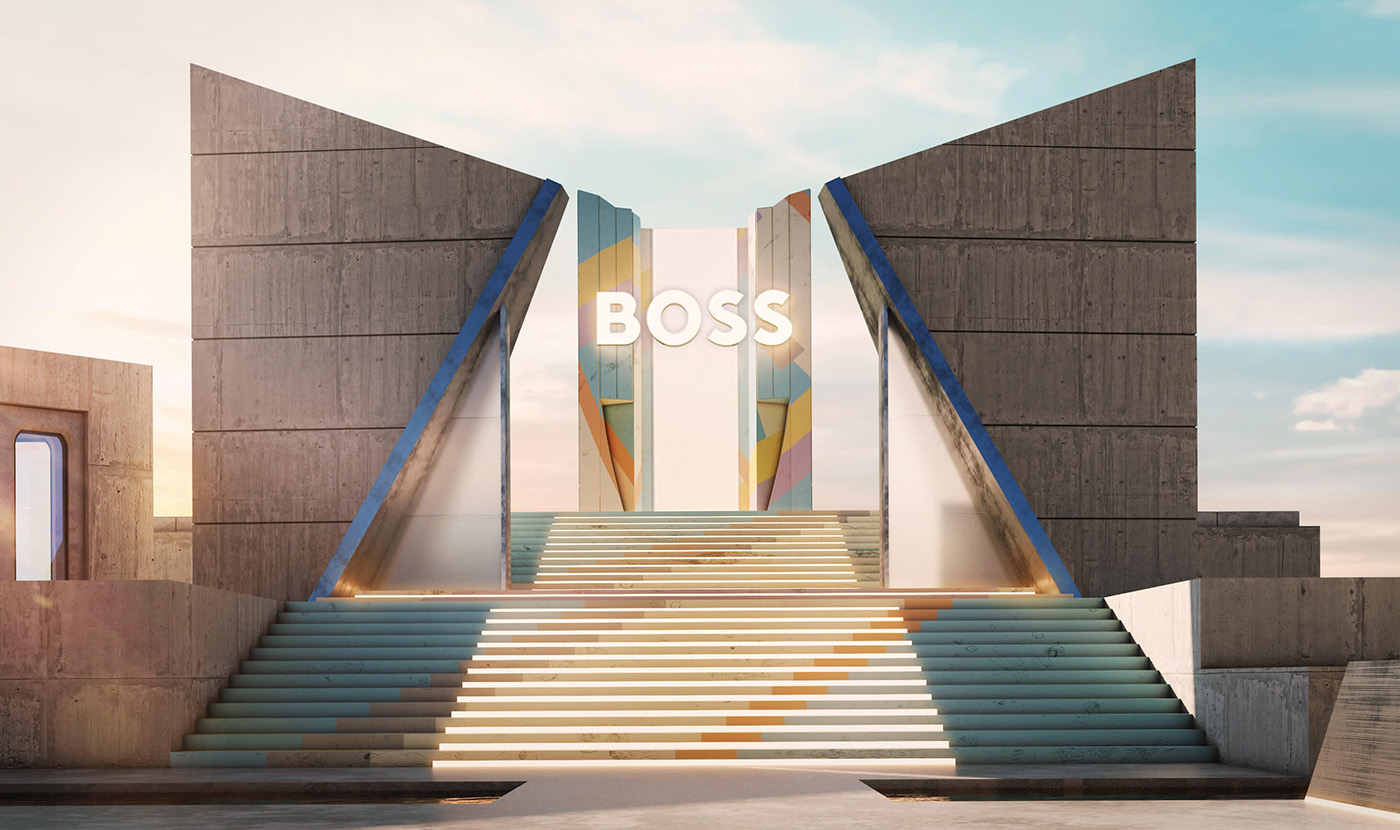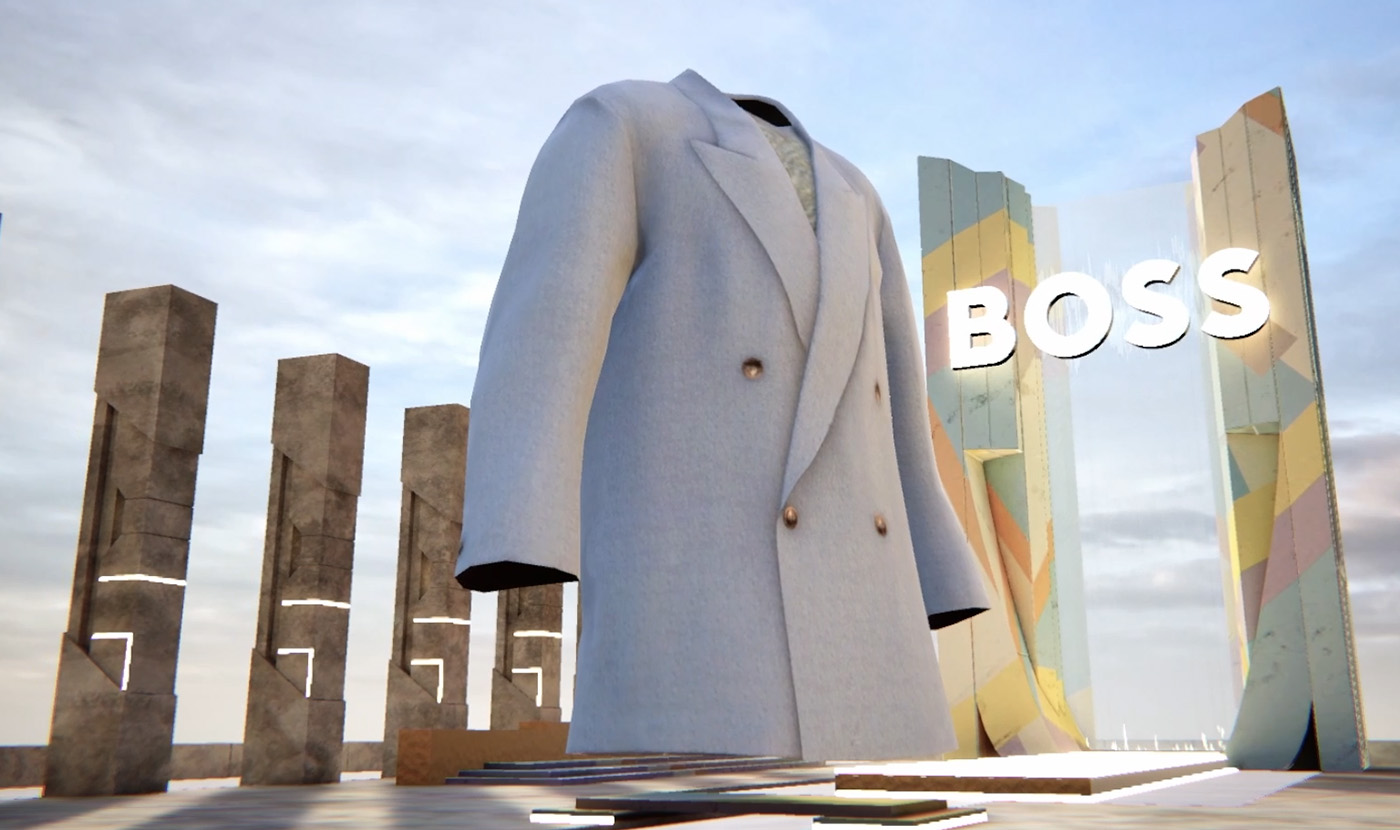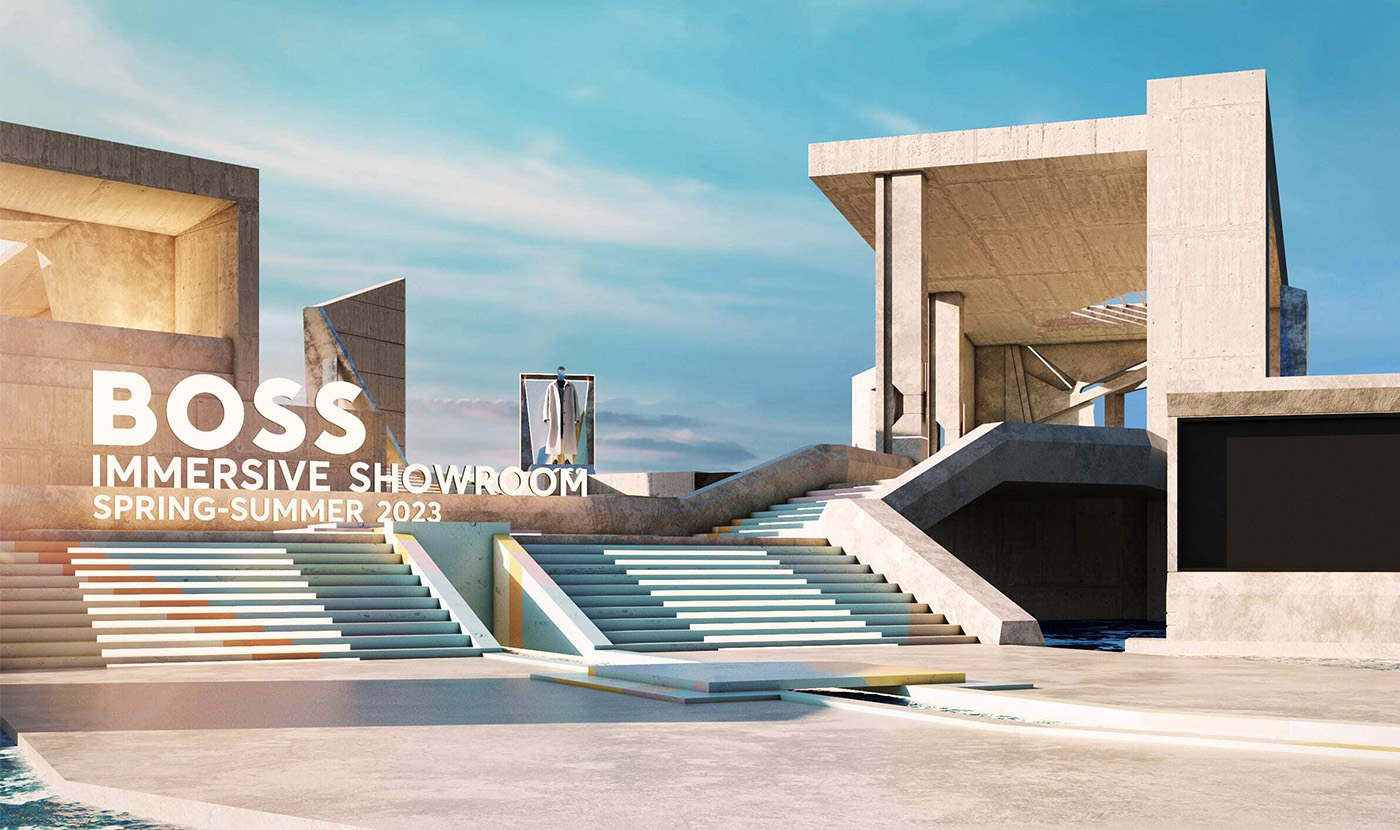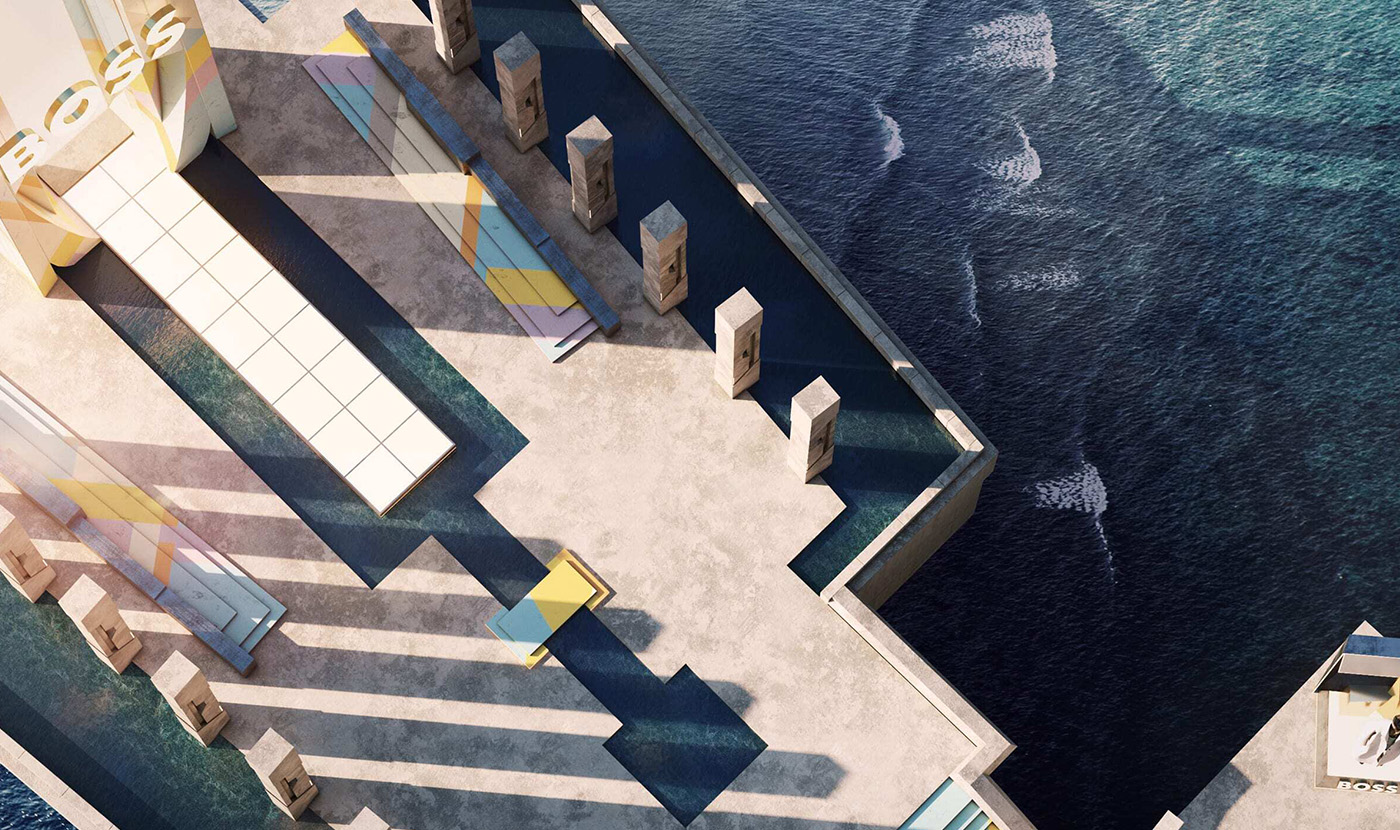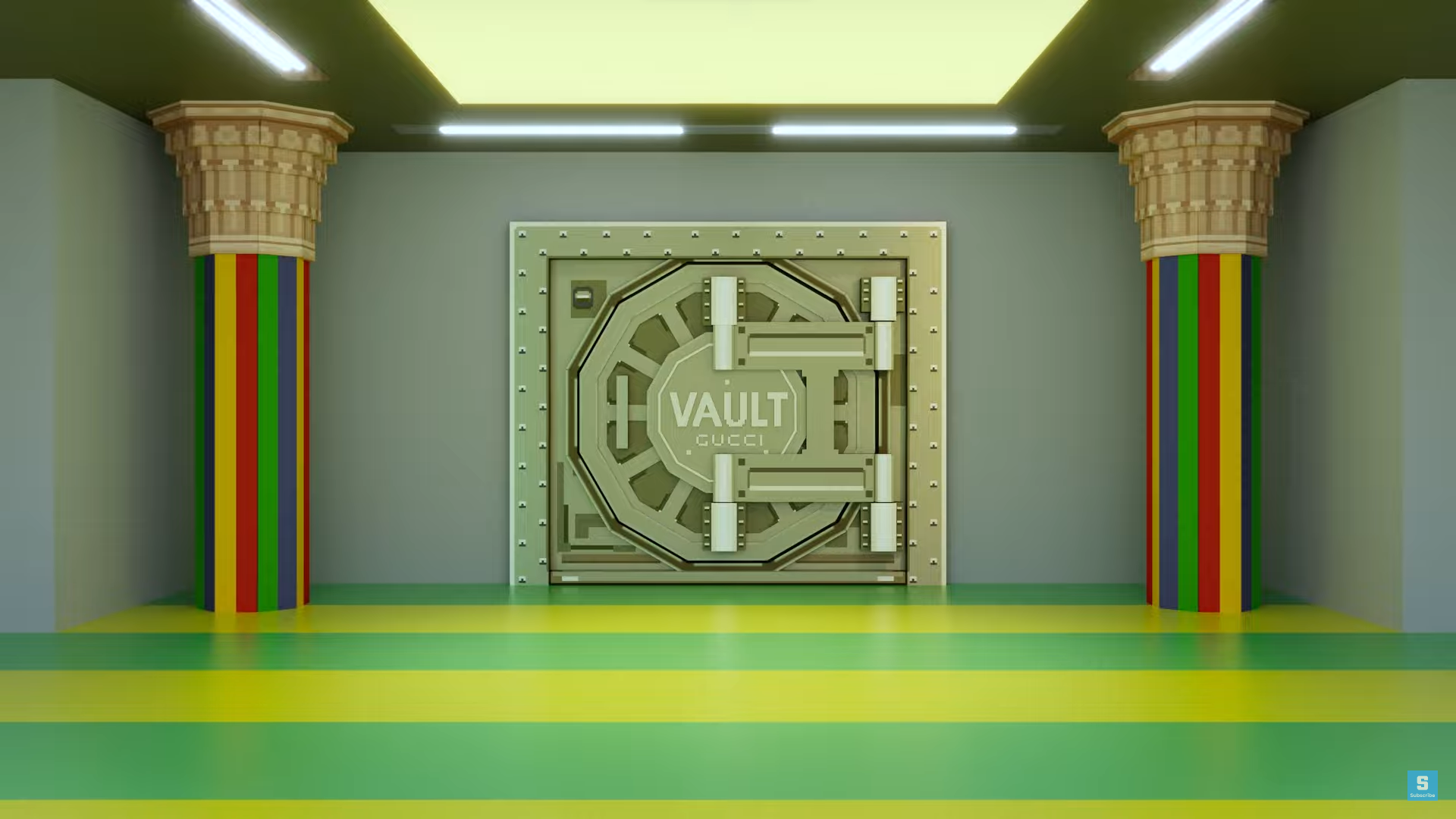
Crafting Brand Strategies in the Metaverse
- Read time 9min
- published 2024.01.13 updated 2024.02.16
-
what
- Blog
- Brands
- metaverse
In 2024, the metaverse market is expected to reach $128.98 billion, reflecting meteoric economic growth and profound cultural and technological change.
With forecasts suggesting that 25% of people will spend at least an hour a day in the metaverse by 2026, the opportunities for companies and brands are immense. This new digital world is set to revolutionize the way we interact, work, and do business.
Metaverse market insights
Today, the Metaverse is expanding, offering virtual worlds accessible from various devices, such as smartphones, tablets, laptops, or PCs, and gaining popularity in the technology and gaming sectors in recent years.
Here are a few key statistics according to METAV.RS
- Analysts anticipate the metaverse sector will experience an annual expansion rate of 13.1%.
- 74% of American adults are considering or have joined the metaverse.
- People spend $54 billion annually on virtual products in the metaverse.
The advent of the metaverse marks a significant shift in how we experience the Internet, offering varied and innovative use cases, particularly relevant in the post-pandemic context where remote working has become commonplace.
History of the Metaverse and its impact on business
Evolution of the Metaverse
The concept of the metaverse has taken off in recent years, particularly since Facebook’s reorientation towards Meta, but its origins go back much further.
Neal Stephenson introduced the term “metaverse” in his science-fiction novel “Snow Crash” in 1992, describing a virtual reality space where users could interact in a vast digital universe.
The evolution of the metaverse is marked by various milestones, including the creation of the first virtual reality (VR) systems. In 1956, Morton Heilig developed the Sensorama Machine, offering an immersive experience combining 3D video, audio, smell, and vibrating seats.
Later, in the 1970s, MIT produced the Aspen Movie Map, allowing users to take a computer-generated journey through Aspen, Colorado.
Early brand incursions
These technological developments influenced brands’ first forays into the metaverse. In 2003, with the release of the game “Second Life,” we saw a preview of what the metaverse could become.
Since then, many companies and brands have begun to explore the metaverse, seeing its immense potential for advertising, customer engagement, and even the sale of virtual products. Platforms like Roblox and Fortnite and technologies like augmented reality and virtual reality have enabled brands to create unique, immersive experiences.
If you’d like more detailed data on Roblox’s growing popularity, download Exclusible’s in-depth report “Stepping into Roblox as a Brand”.
At the same time, growing interest in crypto-currencies and non-fungible tokens (NFTs) has reinforced the economic appeal of the metaverse, offering new avenues for digital commerce and value creation.
In short, the history of the metaverse reveals a steady progression of technology and increasing brand adoption. This historical journey underscores the growing importance of the metaverse in the modern commercial landscape, offering unprecedented opportunities for innovative companies wishing to connect with their customers in an entirely new way.
Brand Strategies in the Metaverse
Strategic planning
Brands need to weave their messages into immersive 3D experiences, taking advantage of the unique capabilities of the metaverse, such as haptic interactions and advanced personalization. Strategic collaboration with technology providers is essential, as shown by the example of Nike partnering with RTFKT for virtual product sampling.
Innovation and creativity are essential in branding for the metaverse. Brands must create immersive, engaging experiences that resonate with their target audience.
For example, Gucci has created an immersive garden in the Roblox metaverse, offering a virtual shopping experience for users. NFTs, such as those used by Adidas and Taco Bell, can also help amplify brand awareness by creating virtual collectibles.
Initially perceived as a platform for children, Roblox has become the preferred choice for brands seeking to integrate into the metaverse and offer immersive experiences to their fans.
Exclusible’s “Stepping into Roblox as a Brand” report highlights the success of projects such as:
NARS Cosmetics
Launched ‘Color Quest’ and ‘Sweet Rush,’ attracting millions of visits. These experiences integrated gaming with beauty, allowing players to explore themed islands, engage with branded NPCs, and create custom makeup looks.
Vans World
A virtual skatepark mirroring real-world locations where players could skate, collect items, and customize avatars. It recorded over 100 million visits, demonstrating the brand’s authentic integration into the Metaverse.
Chipotle
Their ‘Boorito Maze’ and ‘Burrito Builder’ experiences integrated real-life events with virtual worlds, offering codes for real-life rewards marking a unique blend of digital and physical engagements.
With millions of daily active users, Roblox represents enormous potential for immersive brand experiences.
Virtual Brand Experiences
The metaverse experience designed by Exclusible and Polycount for McDonald’s during the Chinese New Year is a perfect example of the ability of the metaverse to energize corporate events.
The initiative involved collaboration with IW Group and Humberto Leon to create a VR “Hall of Zodiacs,” featuring the twelve Chinese zodiacs, designed by Feng Shui architect Cliff Tan. The event memorably marked the Year of the Tiger in VR, seamlessly merging digital and physical celebrations for an unforgettable party experience.
Samsung has also ventured into the metaverse, launching the Samsung 837X experience on Decentraland. A digital innovation from its famous New York ephemeral store, this virtual showcase is designed to highlight the latest products and groundbreaking innovations unveiled at CES in Las Vegas.
The 837X experience is divided into three parts:
- The Connectivity Theater is the heart of the experience, where users can discover CES presentations and explore Samsung’s cutting-edge technologies.
- The Customization Stage: This is an event space where users can participate in dance parties hosted by a live DJ, recreating the atmosphere of real-life events at the Samsung 837 physical store in New York.
- The Sustainability Forest: This section highlights Samsung’s ecological initiative to plant 2 million trees in collaboration with an NFT company that offers verifiable proof of tree planting. In addition, an interactive portal transports users into a lush forest with entertaining games.
Samsung’s approach to the metaverse represents a captivating fusion of entertainment, immersive storytelling, brand promotion, and sales enablement.
These achievements demonstrate how the metaverse can transform events created for companies into unique opportunities for engaging and entertaining their customers or employees. With customizable metaverse spaces, these events enable total immersion, offering endless possibilities for organizing festivities, conferences, product presentations, workshops, and business meetings in an innovative and captivating way.
Marketing Potential in Digital Spaces
The metaverse opens new frontiers in marketing, where the potential for engagement and interaction far surpasses that of traditional digital marketing methods. Metaverse is a unique platform for immersive brand experiences, allowing innovative ways to connect with consumers.
Virtual Stores and E-commerce Integration
In the metaverse, a brand can create a virtual store that transcends traditional e-commerce. Here, customers can explore products in a 3D space, interact with items, and experience a level of engagement that is impossible in a conventional online store. This integration of e-commerce with the immersive experience of the metaverse redefines the shopping experience.
Innovative Advertising Strategies
Advertising in the metaverse goes beyond static banners or traditional ads. It includes interactive billboards in Decentraland, branded events, and virtual pop-ups that offer users an engaging and interactive experience. These methods draw the user’s attention and provide a memorable brand experience.
Brand Storytelling in Virtual Environments
The metaverse allows brands to tell their stories innovatively. By creating interactive and immersive environments, brands can convey their messages and values in a manner that resonates deeply with the audience.
In platforms like Decentraland and Sandbox, the growth of digital real estate opens up new marketing opportunities in the metaverse. This space offers unique customer touchpoints where the experience is as vital as the product or service. Exclusible is a leader in this area, focusing on branding and marketing for immersive experiences. We ensure these ventures are innovative and highly successful for brands entering this virtual world. Our expertise in creating engaging experiences helps brands shine in the metaverse’s dynamic landscape.
The Role of Metaverse Design Agencies
Specialized expertise
These agencies use cutting-edge technologies such as virtual reality (VR) and augmented reality (AR) but also develop immersive experiences by creating worlds within metaverses from scratch that transport users into a world of vast, interactive possibilities. Their expertise enables them to design interactive customer experiences, connecting brands to a new level and establishing lasting emotional bonds with consumers.
Examples of brand collaborations:
-Nike and Roblox: Nike teamed up with Roblox to create NikeLand, a free virtual space for Roblox players, offering open access to Nike’s metaverse world.
– Louis Vuitton and their game “Louis the Game”: The game allows users to explore various city streets as Vivienne, the brand’s mascot, while discovering the history of Louis Vuitton.
– Gucci and its various NFT collaborations: Gucci has used treasure hunts as a popular gaming strategy in the metaverse, collaborating with partners such as 10KTF to present virtual accessories or Gucci Grail for profile images.
These collaborations have helped Gucci establish itself in the metaverse market and offer hierarchical access to limited NFT collections.
Crafting Immersive Experiences With Exclusible
Our projects are examples of what can be achieved in virtual worlds, connecting with people in meaningful ways. We have supported 29 companies of the Fortune 500 so far, reflecting our capability to meet the needs of top-tier clients.
We use immersive experiences that blend content, virtual commerce, and community engagement. By combining VR, AR, AI, and gamification, we create unique experiences that match a brand’s vision. This mix of technology and culture is critical to our approach, showcasing the effective use of digital spaces.
For example, Exclusible, in partnership with Polycount, created an immersive showroom for Hugo Boss during Metaverse Fashion Week, showcasing our ability to engage audiences globally. This project, completed in just 30 days using AI-enhanced design, attracted over 42,000 visitors from 127 countries, marking a significant achievement in virtual engagement.
The showroom on Spatial.io offered a virtual take on the Miami fashion show, blending aquatic and urban themes. It featured direct e-commerce links for five signature looks, enhancing the shopping experience with gamification elements like quests and social interactions.
This case study highlights Exclusible’s skill in transforming digital spaces into dynamic and commercially successful experiences.
The Opportunity for Brands in the Metaverse
Brands that embrace the metaverse with well-thought-out strategies and a creative approach are the ones that will establish lasting bonds with their audiences, creating immersive experiences that transcend the traditional boundaries of marketing and advertising.
Collaborations between brands and specialized metaverse design agencies are essential to navigate this new world successfully. These partnerships enable the creation of captivating brand experiences and innovation in terms of technology and content strategy.
In conclusion, the metaverse represents an exciting new horizon for companies and brands, offering infinite possibilities for transforming how we interact with consumers, tell brand stories, and shape consumer experiences.
